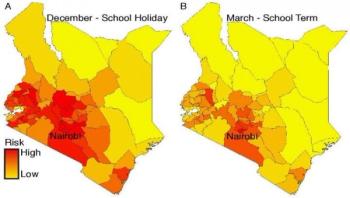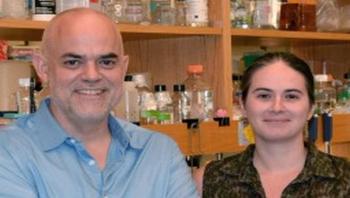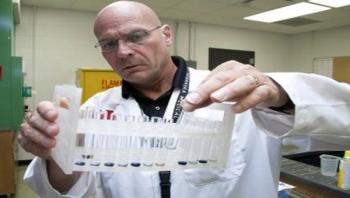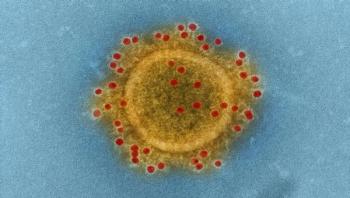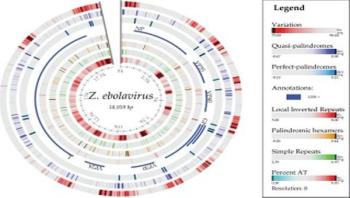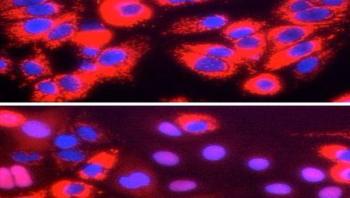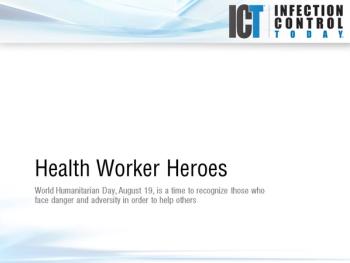Worldwide, 185 million people have chronic hepatitis C. Since the late 1980s, when scientists discovered the virus that causes the infection, they have struggled to find ways to grow it in human cells in the lab -- an essential part of learning how the virus works and developing new effective treatments. In a study published in Nature on August 12, scientists led by Rockefeller University's Charles M. Rice, the Maurice R. and Corinne P. Greenberg Professor in Virology and head of the Laboratory of Virology and Infectious Disease, report that when they overexpressed a particular gene in human liver cancer cell lines, the virus could easily replicate. This discovery allows study of naturally occurring forms of hepatitis C virus (HCV) in the lab.
